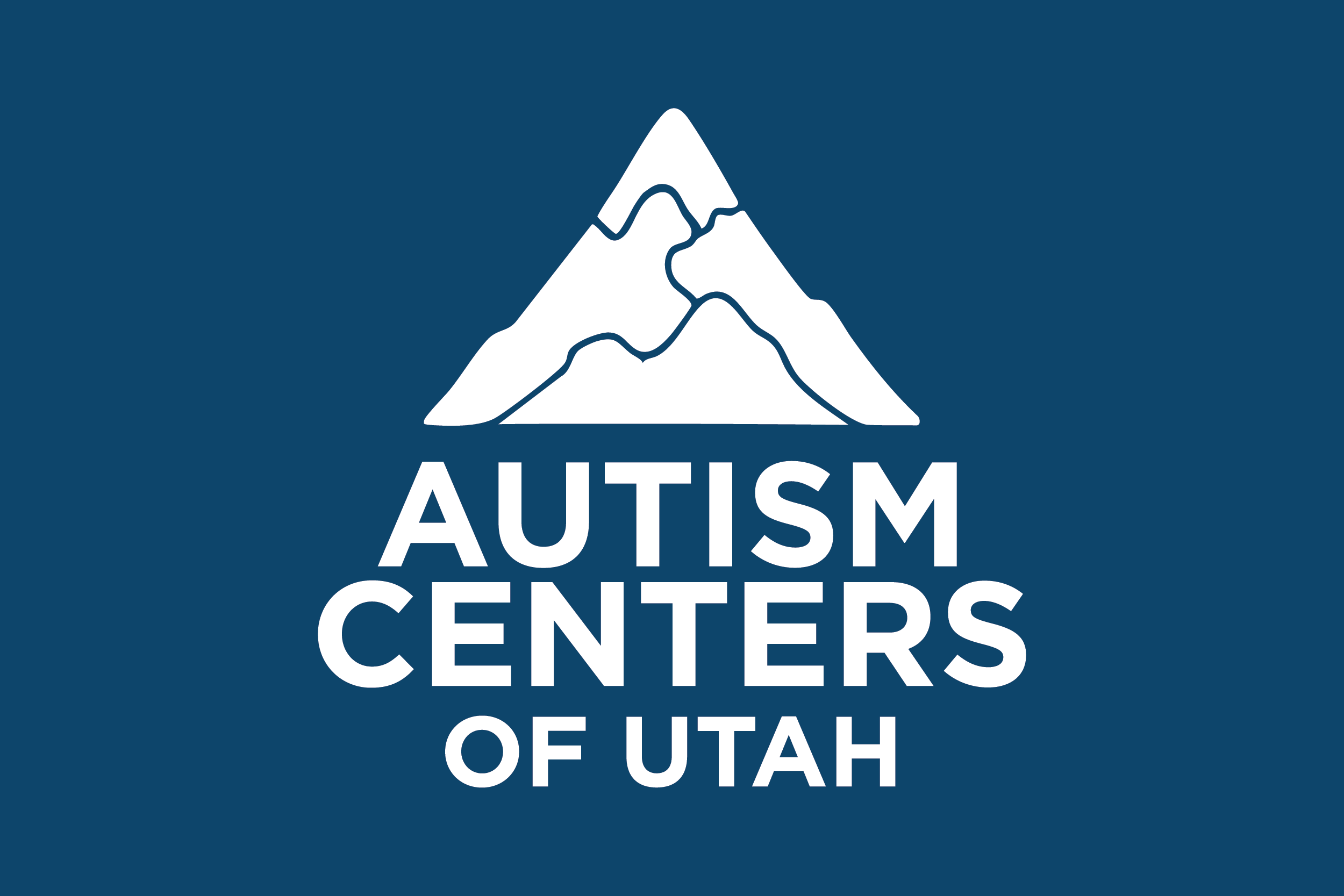Parents often ask, “How does ABA therapy measure progress?” At Autism Centers of Utah, the answer lies in data, observation, and results-driven methods. We don’t guess — we track, analyze, and adjust using evidence-based practices that deliver meaningful growth.
If you’re searching for ABA progress tracking in Utah, this guide will show how we do it, what tools we use, and how we keep families informed at every step.
Visit our ABA Therapy Services in Utah
Call us today: (801) 464-4077
What Is ABA Therapy and Why Is Progress Tracking Important?
ABA (Applied Behavior Analysis) is a scientifically validated therapy for children with autism. But unlike other approaches, it requires specific, measurable outcomes. So, how ABA therapy measures progress is foundational to success.
Progress tracking is essential because it:
- Shows if interventions are working
- Helps therapists adjust strategies
- Keeps families informed
- Encourages long-term skill development
How Does ABA Therapy Measure Progress?
1. Individualized ABA Goals and Outcomes
Progress starts with goals. These are:
- Personalized to each child
- Observable and tied to real-life skills
- Measurable, ensuring clear data points
At Autism Centers of Utah, BCBAs create a tailored plan with ABA goals and outcomes that evolve with your child’s development.
2. Daily ABA Session Notes by Behavior Technicians
Every session includes structured ABA session notes, where behavior technicians record:
- Behaviors observed
- Responses to therapy
- New skill attempts
- Challenging behaviors
This detailed behavior technician data is reviewed regularly to spot trends and adjust tactics
3. Real-Time Data Collection in ABA Sessions
We use technology and evidence-based systems to ensure accurate data collection in ABA, including:
- Clicker systems or tablet apps
- Frequency and duration tracking
- Task analysis checklists
This method ensures your child’s autism therapy progress markers are visible and well-documented.
4. Weekly and Monthly Clinical Review in ABA
BCBAs analyze all session data during routine clinical review in ABA. This allows us to:
- Spot progress plateaus
- Identify what strategies work best
- Update treatment plans quickly
Plus, monthly family meetings keep you in the loop with visuals, graphs, and updates.
What Does Measurable Behavior Change Look Like?
Measurable behavior change means seeing actual improvements in your child’s everyday life.
Some signs include:
- Following directions with less prompting
- Initiating social interaction
- Transitioning between tasks more calmly
- Using coping strategies independently
Each of these is tracked through data to ensure your child’s progress isn’t just noticeable — it’s quantifiable.
Why Choose Autism Centers of Utah for ABA Progress Tracking?
We are committed to delivering real, visible progress through Utah ABA services. Here’s what makes us different:
- Family-focused care
- Daily and weekly progress reports
- Top-level BCBAs and trained technicians
- On-site and in-home service options
- Convenient Sandy, UT location
Address: 8851 South Sandy Parkway, Suite 100, Sandy, UT 84070
Phone: (801) 464-4077
Explore Our ABA Services
Common Questions About ABA Progress
How often is progress measured in ABA therapy?
Progress is tracked daily, reviewed weekly, and shared with parents monthly through clinical reviews and team meetings.
What tools are used to track ABA progress?
We use digital tools, paper data sheets, task analysis, and structured session notes. These tools allow for accurate behavior technician data and real-time adjustments.
What happens if my child isn’t making progress?
We identify what’s not working through data collection in ABA and revise the approach—different reinforcers, teaching styles, or even changing the goal.
Ready to See Real ABA Therapy Progress?
If you’re wondering how ABA therapy measures progress, know that at Autism Centers of Utah, every child’s journey is measured, supported, and celebrated. From the moment you start services, we build a custom plan with measurable goals, update you regularly, and ensure your child is on a path toward meaningful change.
Call us today: (801) 464-4077
Schedule a Consultation






